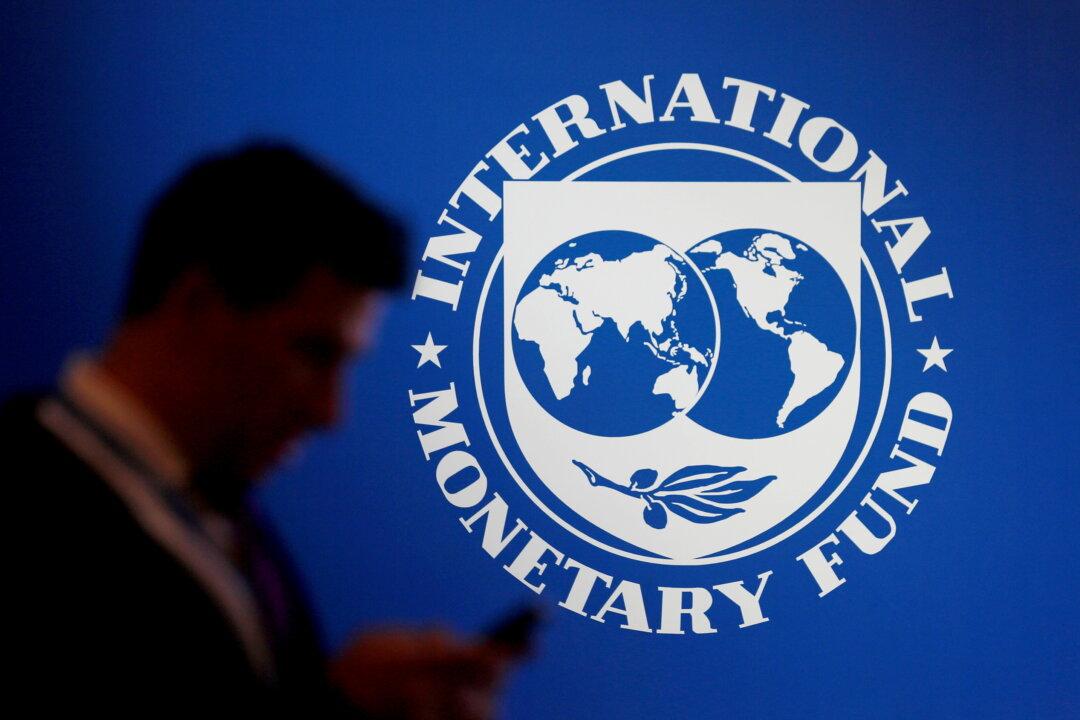The International Monetary Fund (IMF) said Thursday that Asia’s central banks must tighten monetary policy further to ensure that inflation returns to target levels as currencies across the region weaken.
Krishna Srinivasan, director of the IMF’s Asia and Pacific Department, said that a tighter monetary policy is needed for most of the region, except for China and Japan, where the recovery has been weaker and slack remains substantial.





